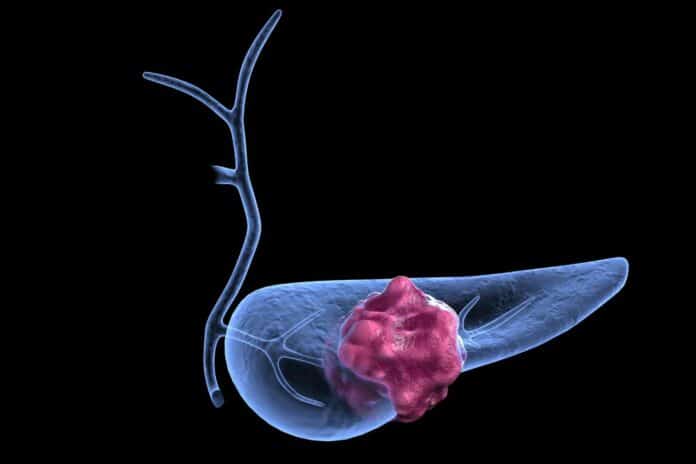Pancreatic cancer, ranking as the third leading cause of cancer-related deaths in the United States with a low 12% 5-year relative survival rate, particularly poses challenges due to its highly metastatic nature, absence of screening, and resistance to current chemotherapy. Pancreatic ductal adenocarcinoma (PDA) is the most common and difficult form of pancreatic cancer.
Researchers at the University of California, Davis, revealed in a study that abnormal expression of the protein Engrailed-1 (EN1) promotes pancreatic cancer progression and metastasis in vitro and mouse models. Elevated EN1 was also associated with severe, metastatic pancreatic cancer in human patients, suggesting EN1 as a potential target for pancreatic cancer therapies.
In this study, researchers identified a novel epigenetic factor that can contribute to metastasis in pancreatic cancer. Understanding its mechanisms would aid researchers in identifying potential targets and improving patient survival.
Metastasis, a crucial aspect of pancreatic cancer progression, has been challenging to trace back to specific genetic mutations. In light of this, researchers led by Chang-Il Hwang considered non-genetic factors like epigenetic changes or altered protein production.
The team identified elevated transcription factors (proteins controlling other proteins) in pancreatic cancers that had metastasized compared to primary tumors. Among these proteins, EN1 stood out and is essential for neuron survival during development and is typically not produced in adult pancreatic cells. While EN1 is known to promote aggressive forms of breast cancer and is associated with poor prognosis in other cancers, its role in pancreatic cancer has not been previously described.
In experiments with pancreatic cancer “organoids” – three-dimensional lab-grown tissue clumps – the researchers investigated the impact of inhibiting or enhancing EN1 expression on the growth and survival of pancreatic cancer cells. They discovered that without EN1, pancreatic cancer cells were less likely to survive and divide. Conversely, supplementing extra EN1 increased tumor survival.
Additionally, genetically modifying mouse pancreatic cancer cell lines to produce more EN1 than usual resulted in increased cell invasion and migration, critical characteristics of metastasis. These findings emphasize the potential role of EN1 in driving the progression and metastasis of pancreatic cancer.
First author Jihao (Reno) Xu, a doctoral candidate in the Biochemistry, Molecular, Cellular and Development Biology graduate group said, “It’s very clear that EN1 is a really important factor behind the aggressiveness of pancreatic cancer. When we take the tumor cells and make them overexpress EN1, they become more metastatic and aggressive, and when we knock it down, they become less metastatic.”
Using publicly available patient databases, the researchers demonstrated the clinical significance of EN1 in human pancreatic cancer prognosis. Analysis revealed elevated EN1 levels in a subset of patients with advanced pancreatic cancer, and those with increased EN1 levels tended to have poorer prognoses.
This association underscores the potential role of EN1 as a prognostic marker for pancreatic cancer severity. The findings from patient databases complement the laboratory experiments, collectively highlighting the importance of EN1 in both the progression and prognosis of pancreatic cancer.
Journal Reference:
- Jihao Xu, Jae-Seok Roe et al. Engrailed-1 Promotes Pancreatic Cancer Metastasis. Advanced Science. DOI: 10.1002/advs.202308537
